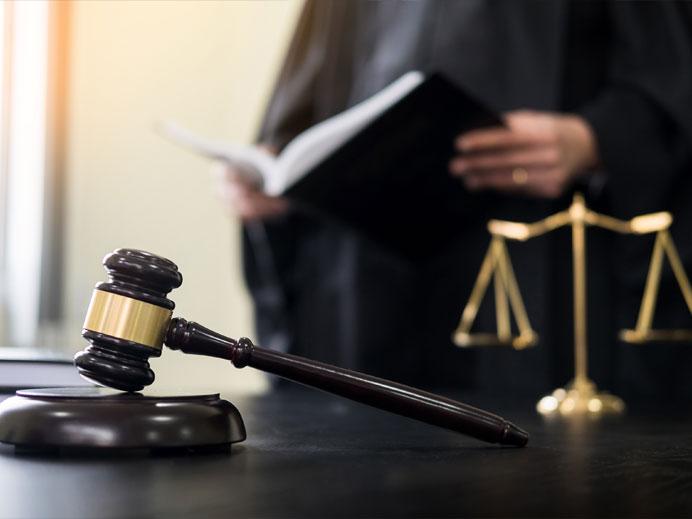I am studying in the third year of the State University of Economics and Technology.I specialize in contractual, economic and corporate law, in particular, I provide consultations and write articles.
Letters rogatory are a powerful tool used in the interaction of courts of different countries to provide legal assistance. In particular, this is relevant when the administration of justice requires obtaining evidence or conducting procedural actions exclusively behind the scenes. And since the courts of Ukraine are on the territory of our state, there is a need for such instruments as a letter of request. An application by a Ukrainian court to a foreign court for legal assistance may have different forms and purposes, but the general goal is cooperation between courts of different countries to ensure justice and execution of the law. Here are some typical situations when a Ukrainian court can send a letter of request to a foreign court:
Obtaining evidence or information: A Ukrainian court may send a letter rogatory to a foreign court with a request to obtain certain evidence or information necessary for the consideration of a case in Ukraine.
Assistance in carrying out investigations: In criminal cases with an international dimension, the Ukrainian court may send a letter of request to a foreign court to obtain assistance in carrying out the investigation or performing other procedural actions.
Letters rogatory in civil cases: In civil cases with an international element, such as recognition and enforcement of foreign judgments or proceedings involving foreign parties, a Ukrainian court may issue letters rogatory to a foreign court. The general content of a letter of request may vary depending on the situation and the need of the case. It is important that such requests are made in accordance with the requirements of legislation and international treaties, as well as in compliance with procedural rules.
In general, court orders from foreign courts are executed within a month by Ukrainian courts. At the same time, a court in Ukraine may refuse to execute a foreign letter of request in a number of circumstances. Here are some possible grounds for refusal:
Conflict of public policy: If the execution of a foreign judgment is contrary to the basic principles of public policy of Ukraine, the court may refuse to enforce it. For example, if the decision contradicts the fundamentals of justice, human and civil rights and freedoms, ethical standards, etc.
Impossibility of execution: If the execution of a foreign letter rogatory is considered impossible, the court may refuse to execute it.
Jurisdiction: Execution of orders becomes impossible even if the jurisdiction of the court over the received order is inadequate.
This is only a general list of possible grounds for refusing to execute a foreign letter of request. Each case is considered individually and the court's decision is based on the specific circumstances of the case.
Procedural features of executing writs in Ukraine:
The content of orders from foreign courts or institutions may relate to such issues as: serving summons or other procedural documents, conducting interrogations, examinations and other procedural actions. The implementation procedure can be carried out in accordance with the contractual order, that is, established by the country’s international treaties, or through diplomatic channels. In direct execution, Ukrainian courts are guided by Ukrainian legislation, but the possibility of applying the rights of a foreign state is not excluded, unless, of course, it contradicts the legislation of Ukraine. Confirmation of the fulfillment of the order is the minutes of court hearings, or other documents that were state documents in the process of execution and signing by the judge and sealed with the official seal.
Legal analysis of the situation and support when going to court:
A lawyer's opinion can be useful at any stage of the judicial settlement of a dispute. In preparation for the process, a lawyer will collect evidence, prepare procedural documents, choose a defense strategy, and will also conduct a legal analysis of the situation, send a lawyer’s request to obtain the necessary information or documents and, based on all this, form a legal opinion. Already directly during the trial, the lawyer in court will represent the interests of his client, take part in the court hearing, and provide comprehensive protection.
































